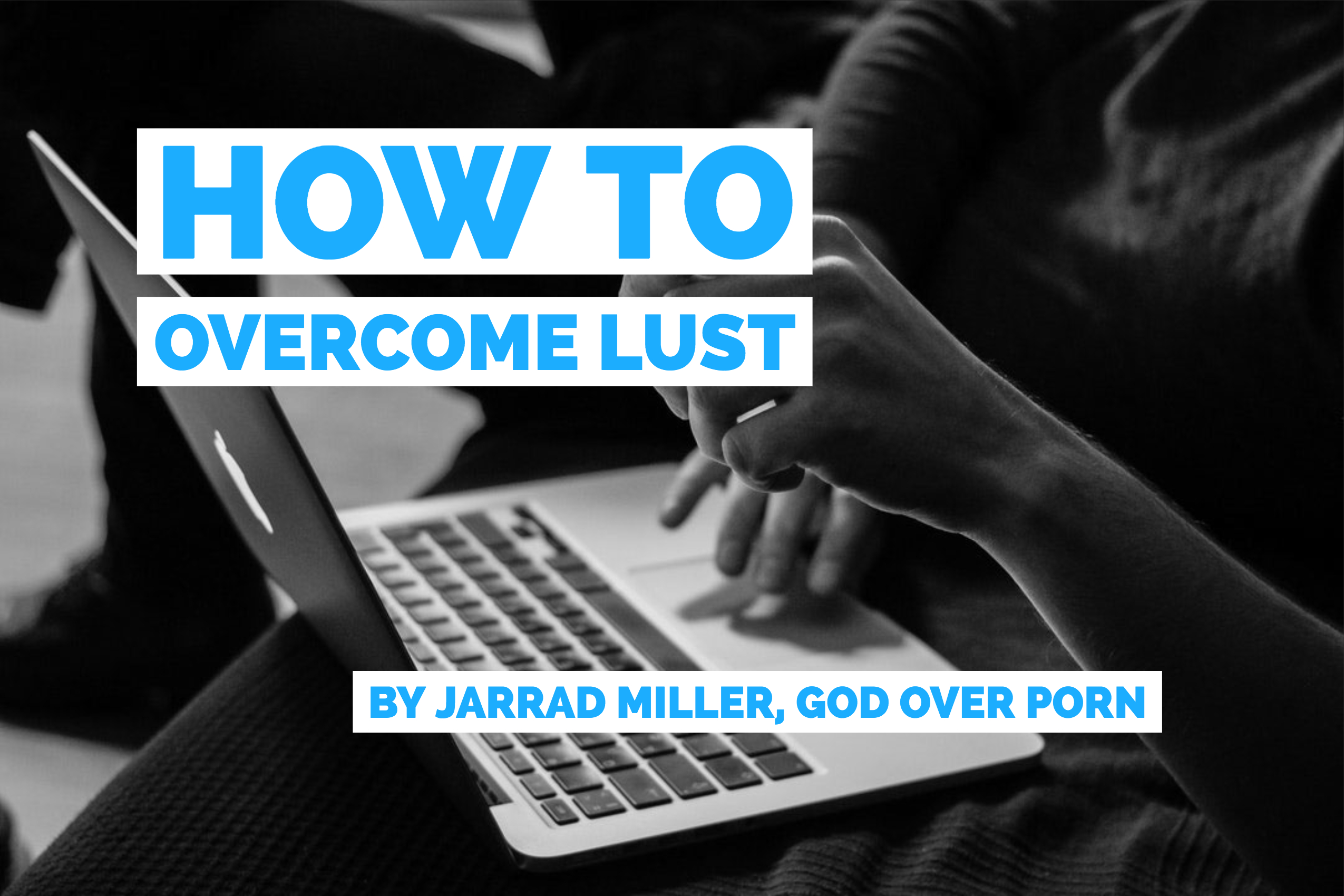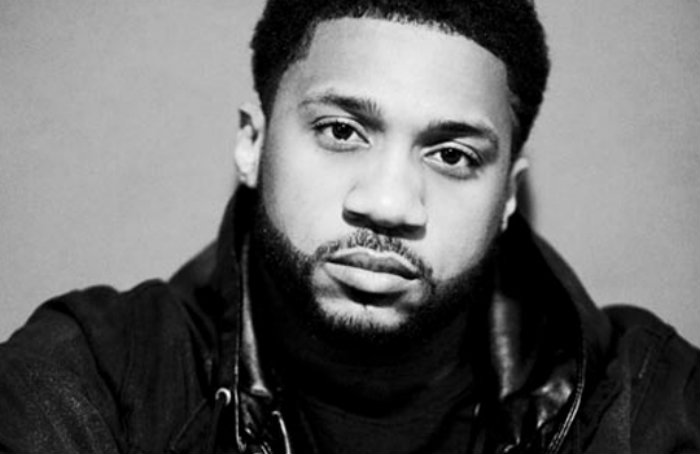Pastor Thabiti Anyabwile, who has influence in the Christian hip-hop community, has written an article that speaks on the tension between different camps in CHH.
The piece was published on https://thefrontporch.org.
So the debate continues. Should artists be called “Christian rappers” or “rappers who are Christians”? Must all Christian hip hop include explicitly Christian themes and lyrics or are rappers free to explore other subjects? Does a move from explicitly Christian lyrics and identifying as a “Christian rapper” signify a move away from the gospel, the church and the faith or is it an acceptable repositioning in order to reach the not-yet-Christian world.
For a long time now, fans and observers of Christian hip hop have received a steady dose of this debate. Social media pundits have trenched out deep positions from which they lob the rhetorical Molotov cocktail at opponents in other trenches. Heat rises as little light shines—at least little light the “other side” is willing to acknowledge as light rather than darkness.
I don’t have much to add to the debate either in terms of the intricacies of lyrical craftsmanship or the entanglements of the music industry. I can’t rap and I don’t know the music business.
The Deeper Problem in the Debate
I can read my Bible, however. And, I suspect the deeper problem in this debate isn’t whether this or that artist “has it right.” While I think there are important lines to establish and maintain, I suspect the lines aren’t in the same place for every audience or interested fan. The solution isn’t to insist louder that “this line is right” and everyone ought to toe it. The solution begins with first asking ourselves, “Why do we have different lines for what’s tolerable or right in this situation?” What’s at the root of the difference?
It isn’t, as far as I can tell, different levels of allegiance to Christ, though we ought to always “examine ourselves to see whether we are in the faith” (2 Cor. 13:5) and “work out our salvation in fear and trembling” (Phil. 2:12). The root isn’t differing philosophical takes on how to label ourselves and how to engage people around us, though those difference no doubt exist.
To find the source of the consternation we have to look to the human conscience, that voice—internal witness, really—given to us by God so that we would have an innate sense of right and wrong even without the scripture. Through the conscience God makes sure He is never without a witness (Acts 14:17) and we are never with an excuse (Rom. 1:20).
But here’s the rub: No two persons have the exact same conscience at every point and no single person’s conscience exactly matches the mind of God. This means we may agree about the moral right or wrong of a great many things. However, some things I think are right you may consider wrong. And vice versa. And even where we all agree something is right or wrong, it may not at all be right or wrong in God’s sight. In other words, we can be unified in moral error. So our consciences, while critical guides, are not infallible and must be shaped by the word of God.
Christian Liberty
This is especially true in matters of Christian liberty. “One person believes he may eat anything, while the weak person eats only vegetables. Let not the one who eats despise the one who abstains, and let not the one who abstains pass judgment on the one who eats, for God has welcomed him…. One person esteems one day as better than another, while another esteems all days alike. Each one should be fully convinced in his own mind. The one who observes the day, observes it in honor of the Lord. The one who eats, eats in honor of the Lord, since he gives thanks to God, while the one who abstains, abstains in honor of the Lord and gives thanks to God” (Rom. 14:2-3, 5-6). Eating and abstaining, celebrating special days and counting all days the same are not issues that should provoke us to judge the other according to our scruples of conscience. One eats and one doesn’t. Neither is right or wrong. One calls himself a “Christian artist” and the other prefers “artist who is a Christian.” Neither is right or wrong.
Read the full article HERE.
What are your thoughts on Pastor Thabiti Anyabwile’s latest article?






Personally I don’t feel there was a really “beef” .There was a disagreement between brothers. The public made it a beef. And this is not a new debate. its very old. I never liked the label, “christian Hip Hop” for a few reasons. But I think we have a bigger problem we need to deal with and that is division in the body. We lack unity!